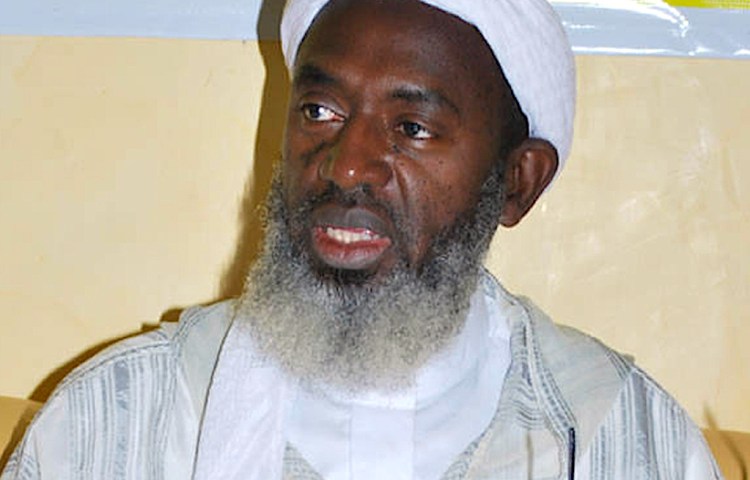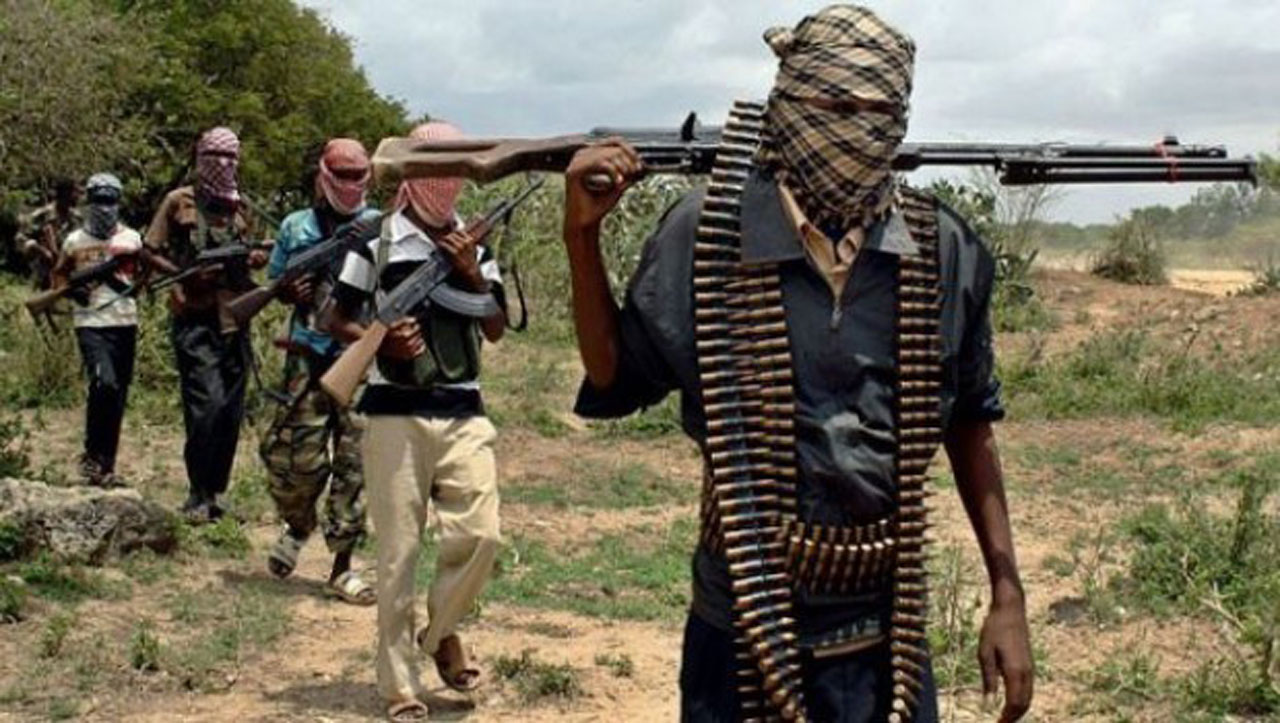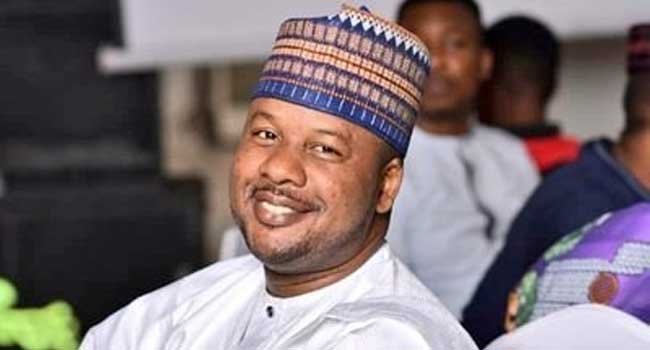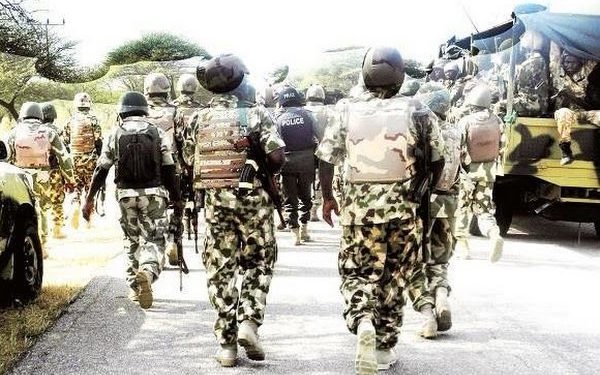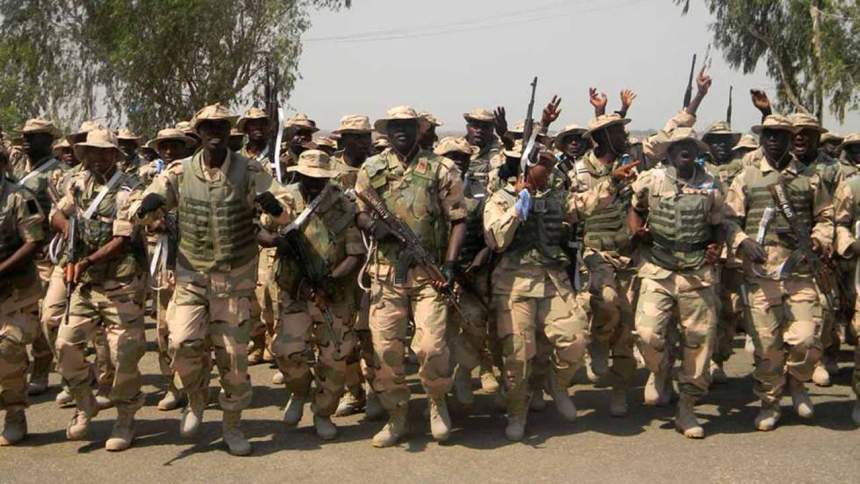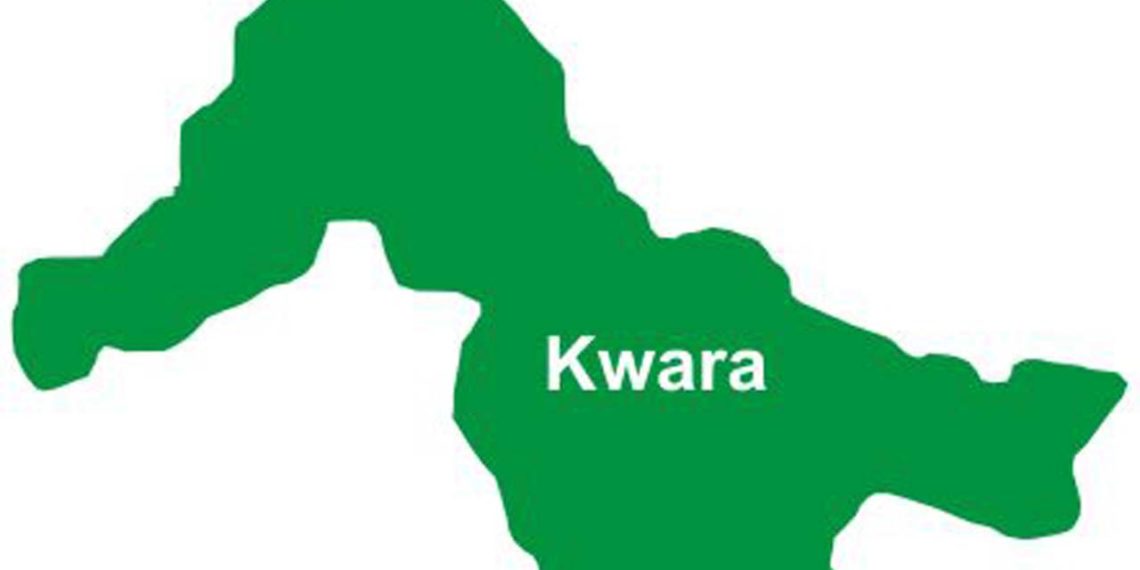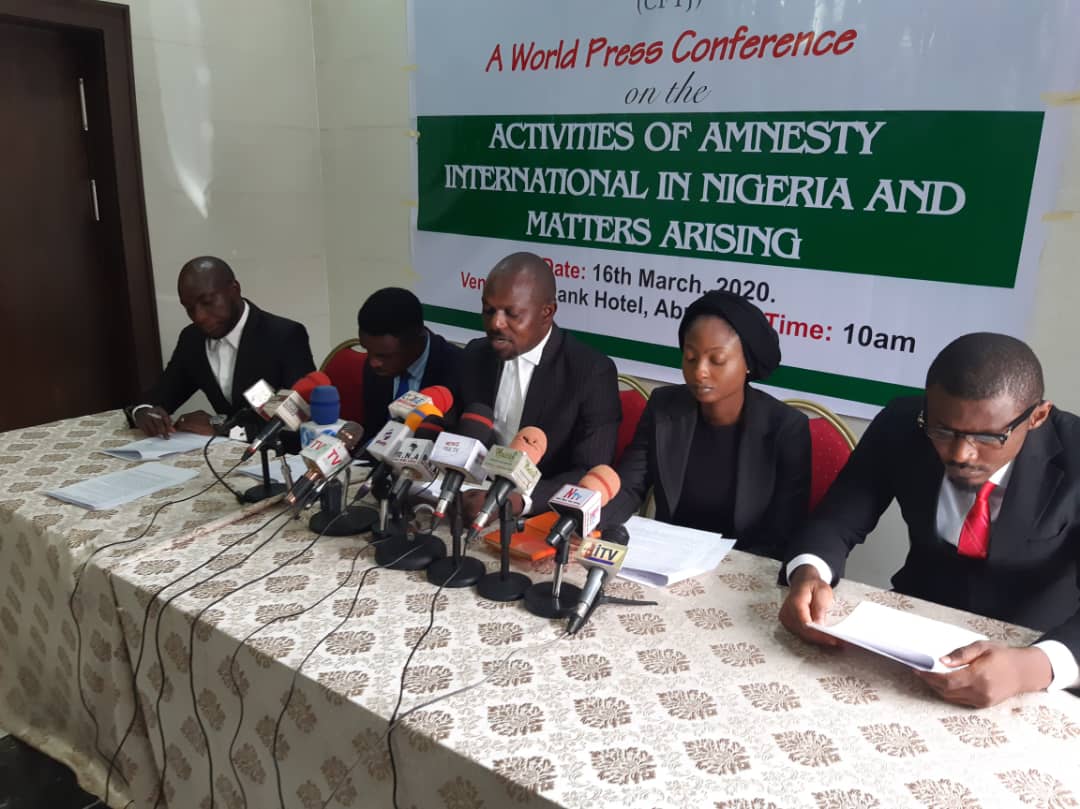By Chidi Amuta
Two contradictory images and news feeds recently competed for this reporter’s attention. The first was a ceremonial outing in the North East displaying rows of ‘repentant’ Boko Haram combatants in neat government uniforms. They were being admitted into an amnesty programme to rehabilitate and reintegrate them into normal social life. The second is a mammoth procession of angry citizens in the streets of Enugu. They were protesting the killing of over twenty unarmed ostensible IPOB sympathizers by security forces. The killings were a reprisal for the earlier death of two security men following a needless altercation with IPOB members.
The Boko Haram is a ceremony of beneficent national forgiveness and reward for those who have levied war against the fatherland but have now ‘repented’. The Enugu spectacle is yet another outrage against a tradition of vicious bloody repression of citizens for merely exercising the right to remember a sad patch of our national history. The latter marks Nigeria out as one of the rare places in the world where gatherings in commemoration of a people’s past is criminalized to the extent of meriting summary group death sentence without trial.
I am neither a Boko Haram zealot nor an IPOB enthusiast by any stretch of the imagination. I have an allergy to all movements that question the sovereign sanctity of the Federal Republic of Nigeria. Therefore, I remain a devoted federalist Nigerian until someone convinces me that the unity and value of Nigeria has become either an impossible mission or a futile endeavor.
Even then, my patriotic optimism is often baffled by the Nigerian definition of justice and equity. For instance, I am trying to make sense of the assessment scale of our security establishment. It takes some uncanny expertise to determine what type of threat to national security qualifies for point blank shooting of unarmed marchers and which qualifies for federally funded amnesty for dangerous armed criminals and patented terrorists.
In the public mind, however, there is now a swarm of nagging and urgent questions about the recurrent Biafra killings and protests competing for answers. They include the following: How come that after over fifty years of the end of the Nigerian Civil War and the formal surrender of Biafra, the memory and nostalgia for Biafra remains so active as to still torment the Nigerian state? If Biafra has remained alive and perennially resurgent as to constitute a permanent national security threat and nightmare, how come that no Nigerian government has tried to find out why and to engage that faction in any form of dialogue? Why are the IPOB members not being allowed a window to vent and ‘repent’ from their devotion to Biafra in order to qualify for federally funded amnesty as is being applied to calm other areas of dark clouds in the nation? Why has there been no ‘hearts and minds’ programme to convince pro-Biafra sympathizers that a united Nigeria is better than the Biafra option? Ultimately, why has there not been any mention of an amnesty programme for IPOB members as a way of degrading the Biafra spring and addressing the neglect and undisguised marginalization of the South East and its immediate geo strategic neighbourhood?
It is no longer important whom the Nigerian state decides to brand a ‘terrorist organization’ or which bandit squads our state and federal governments decide to cuddle, hug or appease with troves of cash. The right of the state to brand its perceived adversaries by whatever nomenclature it chooses is an area where politics, disinformation and security myth making meet and mix.
Obviously, something curious has emerged from Nigeria’s current internal security strategies. Between amnesty and rehabilitation for repentant Boko Haram militants and the repeated ‘bullets for protests’ approach to the IPOB and pro-Biafra threat, we have the two contradictory faces of Nigeria’s current internal security doctrine. One is the selective deployment of the compassionate face of the state to readmit errant citizens who are willing to renounce violence and insurgency to embrace normal life. The other is the deployment of the coercive jackboot of the state to beat down dissident unarmed citizens in a bid to enforce a pax Nigeriana at the expense of basic citizenship rights. Obviously, the former approach, the amnesty strategy, has proved more effective than the jackboot approach in dousing some of our more recent troublesome internal security challenges.
Since the rise of intense militancy in the Niger Delta, amnesty has emerged as a distinct and effective strategy for containing potent threats to national security. In Nigeria’s peculiar case, amnesty is the recourse of a nation in existential crisis. Fifty years after the end of the civil war, the national order on which a new Nigeria was created in 1970 has virtually collapsed. The all powerful federal behemoth of the 1970s and 1980s is everywhere assailed. The forces against national order are forces championing causes that are antagonistic to the ‘One Nigeria’ dictum of the war years.
These forces range from regional political rabble rousers to ethno –nationalist militias. Add sectarian fundamentalists and insurgents, outright organized crime syndicates and roving anarchist common thieves. Most of them have managed to acquire incredible firepower, sometimes enough to effectively challenge the coercive capacity of the state. Matched in force and sometimes outgunned by audacious competing factions, a vastly weakened federal security and war machine has been forced to seek accommodation with some of the factions, hence the amnesty recourse.
The picture is a bit more complex. The sudden emergence of humungous wealth in unexpected hands has de-mystified the state. There are now individual citizens and groups of citizens who are arguably richer than some of our sovereign entities. The ability of such non -state actors to raise private armies to counter the state has been openly demonstrated by agents like Tompolo and similar wealthy warlords. Big guns and uniforms are no longer the exclusive preserve of governments nor do they frighten people as before. At election times, individual politicians have been known to import military grade weapons and clone large amounts of service uniforms for their thugs to match the official security outfits. At the height of the Niger Delta militancy, for instance, the various war lords and gangster chieftains in the Niger Delta region assumed various military titles from ‘General’ to ‘Field Marshall’ and once openly introduced themselves as such at a meeting with President Goodluck Jonathan in Aso Rock.
This virtual balance of terror between the state and its competitors has given rise to negotiations between our sovereigns and armed outlaws. We have seen negotiations between governors and bandits in states like Katsina and Zamfara. There have also been a series of talks between the federal government and Boko Haram mostly through third party sovereign proxies like Chad and even Switzerland. Of late, there have been legal engagements between the federal custodians of national order and regional interrogators of that order as in the recent legal tussle between the Attorney General of the Federation and the governors of the South Western states over the legitimacy of the regional security outfit, Amotekun.
The nature of the competing challenges to hegemonic Nigeria differ in places. The Niger Delta militancy was a struggle for economic justice, environmental responsibility, social justice and greater political inclusiveness. Though it presented a direct military challenge to the federal government mostly in a sensitive place, the solution could not possibly be solely military. The introduction of the Amnesty Programme was a creative solution. It was designed to empower the youth of the region with skills, education, start up capital and therefore a future of hope and some fulfillment. It would also deprive the war lords and terror merchants of the foot soldiers to foment more trouble. Call it creative appeasement but it has worked fairly well in reducing militancy in the region to negligible levels.
With Boko Haram, we are in a different terrain. Boko Haram is a mix of sectarian fundamentalism, faith based insurgency, doctrinal revolt against the secular Nigerian state and its Judeo-Christian Western ethos. In some sense, the Boko Haram revolt is a civilizational contestation (‘Western education is evil’). It has also graduated into a political challenge of the Islamic orthodoxy of the hegemony status quo in the northern parts of the country.
Most importantly, Boko Haram has emerged as a veritable challenge to the territorial integrity of Nigeria. The group attempted establishing a Caliphates in the hitherto less governed spaces in the border regions between Nigeria, Niger, Chad and Cameroun. The Boko Haram insurgency has been an open declaration of war against the federal state. That war has lasted over a decade and is far from over. The Nigerian Civil War lasted just two and half years!
The adoption of the amnesty strategy in the case of Boko Haram is somewhat troublesome. The insurgency has not ended. It has not been called off or defeated. Mr. Shekau, the terrorist gang leader, has assumed a curious immortality that has defied forensic science or even plain honest common sense. A man is either dead or alive. Dead men do not make propaganda videos!
Above all, the Boko Haram insurgency is part of an international terrorists movement that is now headquartered throughout the Sahel, having been expelled from most of the Middle East and the fringes of Europe.
Globally, the standard procedure for extracting penitence from jihadist fundamentalists is a de-radicalization programme followed by careful monitoring and rehabilitation before amnesty.
In Nigeria, the amnesty strategy has also become an instrument for the distribution of national wealth, opportunities and patronage to places of previous neglect and marginalization. Such appeasement has taken the form of re-direction of opportunities, the establishment of novel government institutions and the allocation of emergency funds to address perceived injustices and denials. In the case of the Niger Delta, the amnesty package has included the creation of the Federal Amnesty Programme, the NDDC, the Ministry of the Niger Delta as top ups to the existing 13% derivation revenue allocation to states in the region. Taken together, these gestures translate into a quantum of resources funneled to the region in the service of equity and justice.
In the North East which is the theatre of the Boko Haram insurgency, a similar massive infusion of resources has taken place over the last decade. A presidential committee of some of our most wealthy citizens has been empanelled with a mandate to raise and allocate funds for the alleviation of the more dire humanitarian consequences of the Boko Haram war. Massive humanitarian assistance has flowed in from different contries and major international organisations in aid of the victims. A North East Development Commission, modeled after the NDDC but with a mandate to rescue, rehabilitate and develop the region has been established.
In dealing with the pro-Biafra movements as an internal security challenge, therefore, it is curious that the Nigerian state has been less than even handed. By branding IPOB a terrorist organization and resorting to shooting its members whenever and wherever they gather, government admitted that the pro-Biafra threat is a credible security challenge of no less a magnitude than either Boko Haram or Niger Delta militancy. However, live bullets and teargas have not nearly removed the attraction of secessionist thinking among the pro-Biafra groups. The nomenclature you use to describe an adversarial group of citizens does not diminish the nation’s responsibility to those citizens as of right. And on the scale of transgressions, there is nothing in the conduct of the pro-Biafra groups that disqualifies them from experiencing the compassionate embrace of the state through amnesty as being implemented in both the Niger Delta and now the North East.
I agree that the activities of the pro-Biafra movements sometimes disturb the peace. Once in a year, they declare some markets closed in memory of their war dead. Their rallies can sometimes turn unruly and intimidating. They fly the expired flags of Biafra which evokes sad memories in some. On memorial occasions, Biafra freedom songs are sung by an ageing breed of warriors in twilight reminiscences of a dying heroism. Their separatist message makes many edgy and reminds the older generations of their days as emergency soldiers, refugees or war destitutes. IPOB operates a radio station that abuses people with big titles and self importance. A few times in the recent past, their diaspora wings have gone the unusual mile of slapping or flogging high Nigerian officials visiting foreign lands. Their diaspora demonstrations muddle up the photo opportunities of dignitaries sent abroad to decorate our sad tales elegant language.
But in spite of these excusable transgressions, the IPOB gang remain dissidents with an ancient cause and some sense of limits. They do not throw IEDs around street corners. They do not have or deploy suicide bombers nor abduct young school girls. They do not kidnap expatriate workers or blow up gas or oil pipelines. They hardly return fire against those who shoot their unarmed members for sport either. The pro-Biafra people only have a consistent message to Nigeria: “Treat us fairly and justly as Nigerian citizens lest we face the road to Biafra!”.
Nigeria urgently needs to think again. More than five years of force and intimidation have not quite dissuaded people in the South East from yearning for Biafra as an alternative reality because of a feeling of exclusion from the Nigerian gala. Not even the special security operations –“Operation Python Dance” etc. have yielded any dividend that is beneficial to the furtherance of the business of Nigeria. This approach has instead further alienated the region and deepened the psychology of victimhood and sense of “otherness”, It is time to explore the route of compassion with something that has worked for other unhqppy place in our land.
An amnesty programme and a regional development commission targeted at the needs of the South East is perhaps the most sensible road untraveled. The South East happens to be the easiest place to derive value for resources spent on a federally funded amnesty and special development scheme. This place is the natural ecology of self- driven entrepreneurship and wealth multiplication. Therefore, an amnesty programme with a strong entrepreneurial assistance component is likely to dissuade many youth from seeking salvation in a Biafra that is not quite in sight. Such a programme will give access to the millions of youth in the South East to capital as an entitlement in return for loyalty to Nigeria.
Nigeria’s abiding moral obligation to the memory of Biafra has become like the ghost of Hamlet’s father, forever restless, forever roaming and recurrent. The Japanese born British writer and winner of the 2017 Nobel Prize for Literature, Kasuo Ishiguro, poses the abiding question in terms which ought to haunt leaders of moral conscience in today’s Nigeria: ‘Can stable, free nations really be built on foundations of willful amnesia and frustrated justice?’
